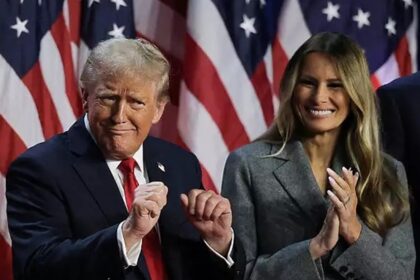Justice Ibrahim Buba of Ikoyi federal high court has today ordered the arrest of former militant leader, Government Ekpemupolo aka Tompolo. Tompolo, who failed to appear in court after he was served a court summon on Wednesday, is allegedly involved in the fraudulent land contract for the construction of Nigerian Maritime University
Counsel to the Economic and Financial Crime Commission (EFCC), Festus Keyamo, told the court that Tompolo was only served on Wednesday, after the commission went to Warri to meet him. Keyamo showed a photograph to the judge as evidence of summons.
While issuing the arrest warrant for Tompolo, Justice Buba said: “The court is in position to use its discretion to order for the arrest of Government Ekpemupolo aka Tomopolo to compel his attendance to answer the allegation before the court through Section 131 of the Administration of Justice act.
“The court hereby orders the warrant of arrest of Government aka Tompolo to be issued forwardly.”
Agreeing with the judge, Keyamo said afterwards: “What transpired is simply that we just made an application in accordance with the provisions of the law where an accuse person refuses to appear in obedience to the summons of the court to come and answer charges against him.
“The court has the power to issue a warrant of arrest against him, and that is why they issued the warrant of arrest against Tompolo. Even during investigation, we consistently invited him to come and answer charges and to come and make statement and he bluntly refused to come and make statement.
“In fact, at a point, he even took out an advertorial in the newspaper, saying that they should not push him to war. Imagine a person just invited to come and make statement and you are talking about war, so that’s why I told the court that nobody could be an outlaw within the society and that is why the court decided to issue a warrant of arrest.
“We will give them the warrant of arrest. I will give the warrant to the relevant authority. One individual cannot be bigger than the federal republic of Nigeria; it is for them to prove that they are in charge of law enforcement in the country.”


